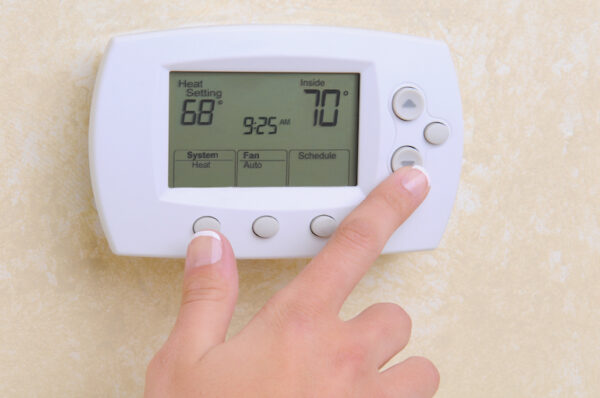What Do the New EPA Power Plant Standards Mean for New England?
These proposed standards can reduce carbon pollution, but need to be more stringent to work.

These proposed standards can reduce carbon pollution, but need to be more stringent to work.

The cars, buses, and trucks we drive are the largest source of climate damaging emissions in the region. We need bold standards to slash this pollution and slow climate change.

With your help, Vermont’s Legislature overrode Governor Scott’s veto to sign this critical bill into law.
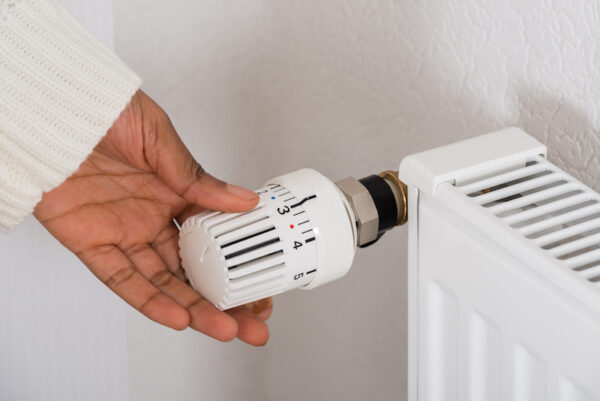
“Vermonters are facing a climate emergency and a heating crisis, and the status quo isn’t working for anyone,” said Elena Mihaly, Vice President and Director of Conservation Law Foundation Vermont. “Governor Scott’s attempts to kill this legislation threatened to continue an irresponsible business-as-usual approach that would have left Vermonters overly reliant on polluting, expensive fossil fuels. The Legislature’s decisive override sends a clear message, and we don’t have a moment to waste implementing this new law.”
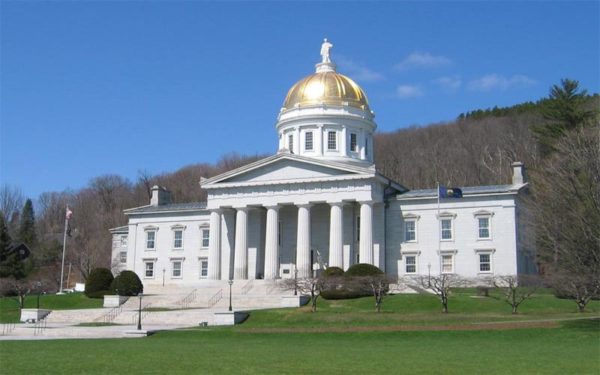
“Communities across New England have been living in the shadow of polluting fossil fuel plants for decades,” said CLF President Brad Campbell. “Slashing emissions from these power plants is an essential step to meeting our climate goals and cleaning up the air in these communities. We can’t afford to allow this damaging pollution to continue, and EPA’s approach proposes to drive down those emissions over time and will increase opportunities for proven technologies like solar and wind.”
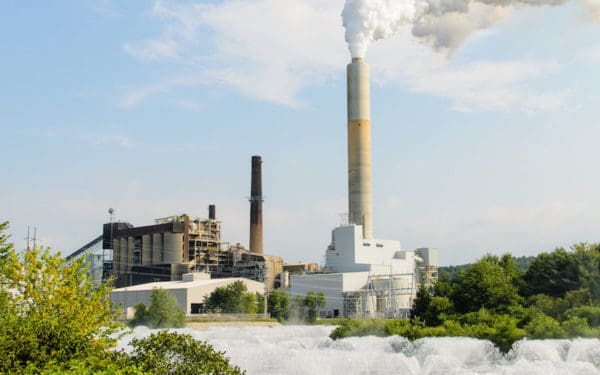
Myranda McGowan’s The Whole Almond is one of the New England food start-ups helped by CLF’s Legal Food Hub.

“Goals and promises are meaningless without real action on the ground,” said Caitlin Peale Sloan, Vice President of CLF Massachusetts. “The previous administration took little actual action to meet the goals laid out in Massachusetts’ strong climate laws, we now have an opportunity to do better. If we want to leave a healthy future for the next generation, it’s time to ditch fossil fuels and electrify everything from transportation to home heating, and these petitions lay out steps Massachusetts must take to get us there.”
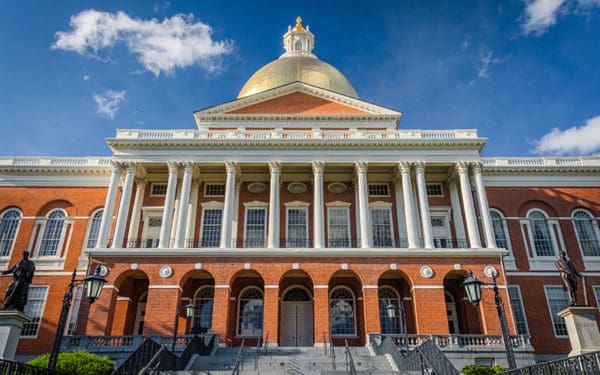
CLF’s Healthy Neighborhoods Equity Fund has helped finance affordable, walkable, energy-efficient developments that are key to a carbon-free future.

This Earth Day, the U.S. Congress has finally given us a climate milestone to celebrate. How can we ensure that these momentous investments do not get squandered?
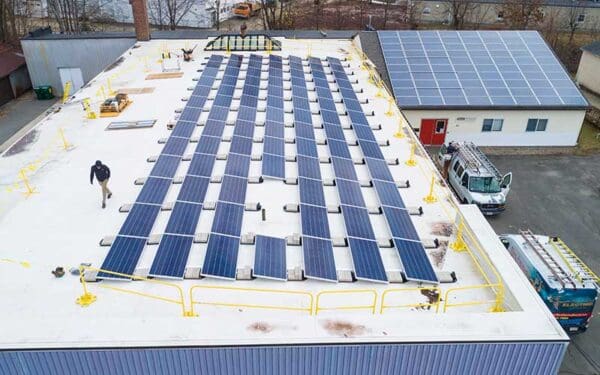
If you live in a home with an oil or gas furnace or boiler, like most people in Massachusetts, turning up the heat is the end of an unseen odyssey for your heating fuel. Between drilling, refining, and transport, fuels can travel thousands of miles before they are delivered into homes and burned for heat.… Continue reading What is the Massachusetts Clean Heat Standard?
